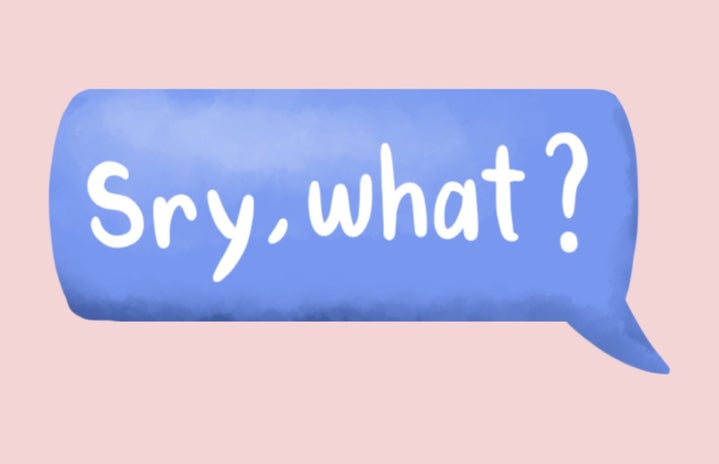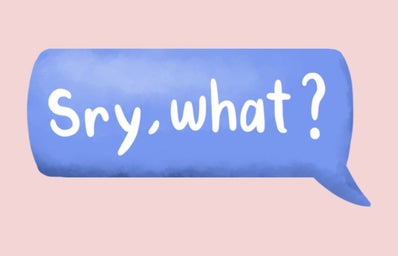Dating. It’s complicated, exhausting, and can suck at times in your search for that special someone. Unfortunately, the pandemic has made things more complicated by affecting our regular interactions with one another, consequently, killing the old dating scene.
Make way for the digital world of online dating. And guess what? It also sucks. Dating apps have become increasingly popular over the pandemic and are the number one way people seek intimate, casual and serious relationships. Popular dating platforms such as Tinder, Hinge, Bumble and many others, provide singles with the opportunity to enter a digital dating pool with people from not only their local area but around the world.
Dating apps and sites also come with their own sets of challenges: Matching with valuable partners and competing with other hungry singles.
Drew Barrymore, on her talk show “The Drew Barrymore Show,” once discussed her online dating experience. “No one has connected with me,” she said. “It makes me feel like such a loser.”
If even Charlie’s Angel Drew Barrymore is struggling with online dating, there must be something wrong with the system, right?
If you’ve used a dating app recently, or at all, you’ve undoubtedly gone back and forth on the theme of ‘vaxxed, waxed, and ready for hot girl summer’ to not having the patience to ask someone what their favourite colour is — ultimately quitting the app entirely in order to meet someone organically.
Unfortunately, we don’t all have the luxury of meeting someone organically in this day and age — and if you did, congratulations, because we’re all competing to find prospective matches, or accepting our fates to be forever alone due to these dire circumstances.
The problem with dating apps is that they present large access to people who live within a local area. This allows you to match with hundreds, if not thousands, of people, before cherry-picking the ones that stand out the most. You may think you’ve discovered that special someone, only to be ghosted hours or months later because they may have found someone else who stood out more to them. These speedy and instant rejections can be hurtful to a person on the receiving end when not taken seriously and respectfully, thus sending you back to the wonderland of swiping left and right to find Mr./Mrs. Right.
Searching for that “diamond in the rough” and matching with them can be quite challenging. You might realize that you’re putting too much pressure on yourself to keep up with these profiles, which are frequently not replicas of the actual person but rather the public image they’ve built for themselves.
My personal theory on why these profiles are so successful is that they are meeting the algorithm’s requirements. Now, I am no dating expert, but through my own research, I have discovered a few things about dating apps that made me question my own failures in the digital dating scene.
A major culprit that hopeful singles do not think about are dating app algorithms, which play a big role in controlling who you see based on your swiping habits, and can even cause you to self-sabotage your dating life.
According to an expert interview by Vox, algorithms are used by virtually every social media network, such as Instagram, and every search engine, such as Google. Every time you connect with these sites, a piece of code will observe your online behaviours and routines and attempt to build an outcome that corresponds to your usage based on what you consume and who you date.
Algorithms, in a nutshell, are data fortune tellers on the internet.
Different dating apps offer something unique to each user. Tinder is primarily for casual hookups, Hinge is for individuals looking for long-term relationships, and Bumble is a site where women must text their matches first, assisting men who may have more of a shy personality. To determine who is the ideal match for you, each of these platforms employs its own set of algorithms.
For instance, Hinge implements the Gale-Shapley algorithm, which is a technique for discovering possible matches through commodity trading. This means it’s seeking high-probability people who you like and who like you back. Over time, the software learns who you’re matching, commenting and speaking with. This informs the system about who you’re connecting with and helps it figure out who you like.
So, these algorithms are put in place to consider how important specific characteristics are to you in a partner and predict what profiles you may be interested in. The overall idea is that you need to understand how algorithms work in order to score better matches.
Yes, it is like a game.
Trying to keep up with the algorithm can be a challenge all on its own, as the algorithm makes predictions based on the user’s personal choices but also the majority’s judgment. If your profile lacks good quality photos, authentic and unique bios and prompts, your chances of standing out to people plus the algorithm are low.
You must be careful how you treat these apps as your actions are highly important to their algorithms. If you swipe vigorously left on everyone, dating apps will not only think you’re a bot, but they will move your profile lower down and match you with those in the same tier.
However, keep in mind that these algorithms are not without flaws. Don’t place your self-worth in the hands of a code that assumes your preferences, interests and desires.
Dating isn’t easy and may be frustrating at times, whether you use apps or meet people in person. Make sure you’re not putting too much pressure on yourself. Go out, have a good time and be yourself. Someone will come along and admire you once you start embracing your own qualities and self-worth.


